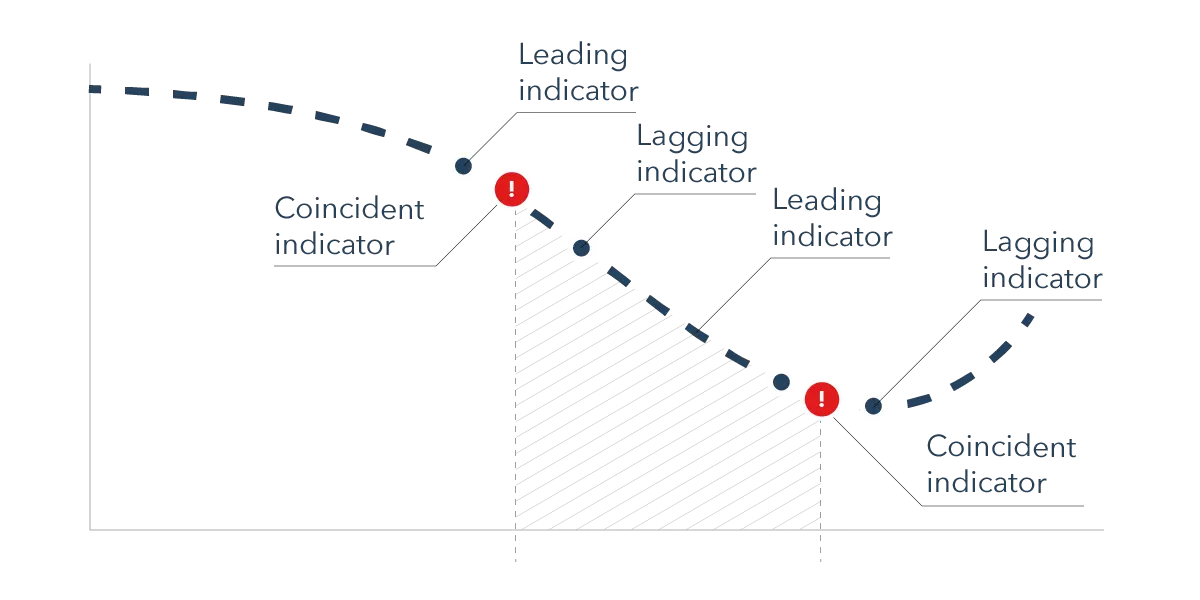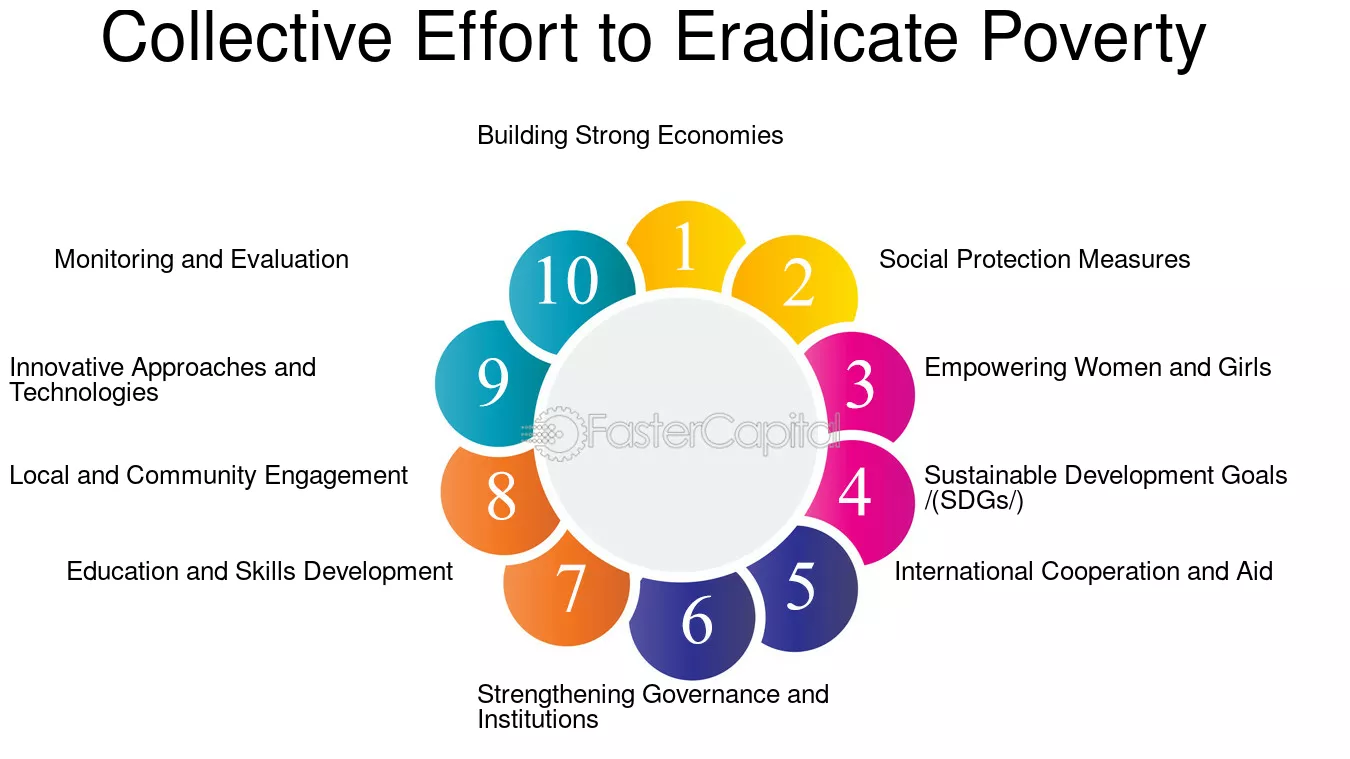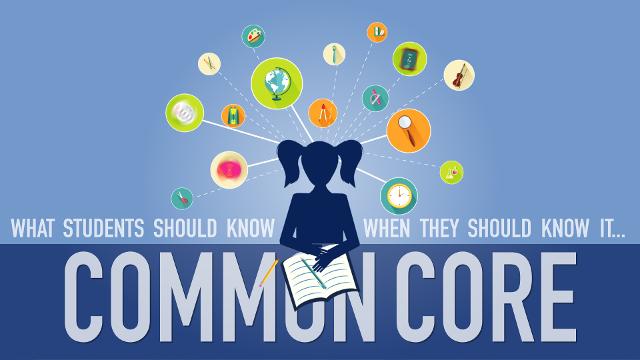Government Spending Breakdown Explained
Mia Wilson
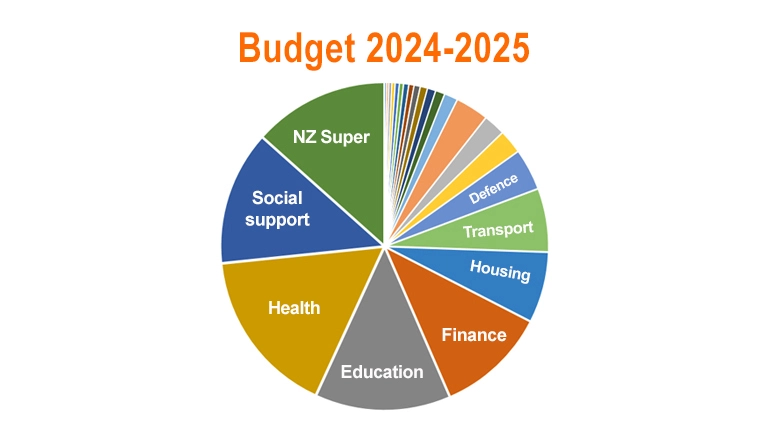
Photo: Government Spending Breakdown Explained
Government Spending Breakdown Explained
Government spending plays a pivotal role in shaping a country’s economy and public welfare. Understanding how governments allocate funds provides insight into national priorities, fiscal policies, and economic strategies. In this article, we will explore the intricacies of government spending, breaking down the major categories, analyzing the purposes behind various expenditures, and assessing their impact on the economy and society.
Introduction to Government Spending
Government spending refers to the total amount of money that a government uses to fund public services, infrastructure, defense, and other critical sectors. This spending is typically financed through a combination of tax revenues, borrowing, and, in some cases, printing money. Proper allocation of these resources is crucial for ensuring economic stability, promoting growth, and improving the quality of life for citizens.
In most countries, government expenditures are broadly divided into several categories, including healthcare, education, defense, social welfare, and infrastructure. Each of these categories serves distinct purposes and reflects the government’s commitment to addressing societal needs.
Major Categories of Government Spending
1. Healthcare Spending
One of the largest and most vital components of government budgets is healthcare spending. This includes funding for public hospitals, medical research, disease prevention programs, and public health campaigns.
- Purpose: Governments invest in healthcare to improve public health outcomes, reduce mortality rates, and increase life expectancy. Access to affordable healthcare is also essential for reducing inequality.
- Global Trends: In many developed countries, healthcare accounts for 15-20% of total government expenditure. The U.S., for example, spends over 17% of its GDP on healthcare, one of the highest in the world.
2. Education Expenditure
Education spending covers primary, secondary, and tertiary education, as well as vocational training programs. Investments in education are crucial for building a skilled workforce and fostering innovation.
- Purpose: By funding education, governments aim to enhance human capital, reduce poverty, and stimulate economic growth.
- Case Example: Scandinavian countries, known for their high-quality education systems, allocate significant portions of their budgets to education, contributing to their high rankings in global innovation indices.
3. Defense and National Security
Defense spending encompasses the costs of maintaining military forces, acquiring weapons and technology, and ensuring national security.
- Purpose: The primary objective is to safeguard national sovereignty and protect citizens from external threats.
- Debate: While defense is critical, there is often debate about whether certain governments overspend in this area at the expense of other sectors like healthcare or education.
4. Social Welfare Programs
Social welfare spending includes unemployment benefits, pensions, housing assistance, and other social security programs designed to support vulnerable populations.
- Purpose: These programs aim to reduce poverty, support the elderly, and provide a safety net for those unable to work.
- Challenges: Balancing social welfare spending with economic sustainability is a challenge many governments face, particularly as populations age and demand for pensions and healthcare rises.
5. Infrastructure Development
Infrastructure spending includes investments in transportation (roads, railways, airports), energy (power grids, renewable energy), and communication (broadband, mobile networks).
- Purpose: Building and maintaining infrastructure is critical for economic growth, job creation, and improving the standard of living.
- Impact: Well-planned infrastructure projects can boost productivity and attract private investment. However, inefficient or poorly executed projects can lead to wasteful spending.
Analysis: How Government Spending Affects the Economy
Government spending directly influences a nation’s economic health. Economists often debate the optimal level of government expenditure, weighing its benefits against the risk of budget deficits and debt accumulation.
Stimulating Economic Growth
In times of economic downturns, increased government spending can stimulate demand and help revive the economy. This is known as Keynesian economics, where the government steps in to boost economic activity during recessions by spending on public works and welfare.
- Example: During the 2008 financial crisis, many governments implemented stimulus packages to support their economies. This spending helped prevent deeper recessions and restored confidence in financial markets.
Crowding Out Private Investment
On the flip side, excessive government spending can lead to higher taxes and borrowing, which may crowd out private investment. When governments borrow heavily, they compete with private businesses for funds, potentially driving up interest rates.
Balancing Budget Deficits
Running a budget deficit is not inherently bad, especially if the spending is geared toward long-term investments that generate future returns. However, persistent deficits can lead to unsustainable debt levels, putting pressure on future generations.
Challenges in Government Spending
While government spending is essential, it is not without its challenges. Misallocation of resources, corruption, and inefficiency can reduce the effectiveness of public expenditures. Ensuring transparency and accountability in how funds are spent is critical for maximizing the benefits of government spending.
Transparency and Accountability
- Transparency: Citizens have the right to know how their tax money is being used. Transparent budget reports and public audits help build trust in government institutions.
- Accountability: Governments should be held accountable for spending decisions. Independent oversight bodies and strong anti-corruption measures are vital for ensuring public funds are used effectively.
Sustainability Concerns
With rising public debt levels in many countries, ensuring the sustainability of government spending is a growing concern. Policymakers must strike a balance between meeting immediate needs and securing long-term financial health.
Conclusion: The Importance of Responsible Government Spending
Understanding government spending is crucial for both policymakers and citizens. Responsible allocation of public funds can drive economic growth, improve living standards, and reduce inequality. However, balancing competing priorities, ensuring transparency, and maintaining fiscal sustainability are ongoing challenges.
As voters and taxpayers, citizens play a critical role in holding their governments accountable. By staying informed about where public money is going and advocating for effective policies, we can all contribute to a more equitable and prosperous society.
For You
View AllEscape to exotic adventure destinations that promise unforgettable experiences. Explore lush jungles, deserts, and islands filled with thrill!
Mia Wilson
Understand higher education, its benefits, and how it shapes future opportunities. Explore your potential now!
Mia Wilson
Learn about macroeconomic indicators and their role in analyzing economic health. Click to uncover key examples and uses!
Mia Wilson
Explore actionable ways to combat poverty and improve societal well-being. Click to learn impactful solutions!
Mia Wilson
Learn about Common Core standards, their goals, and how they aim to unify education systems. Get the facts today!
Mia Wilson
Master the fundamentals of healthy eating and improve your diet today! Discover essential tips inside.
Mia Wilson
Health










Education
View All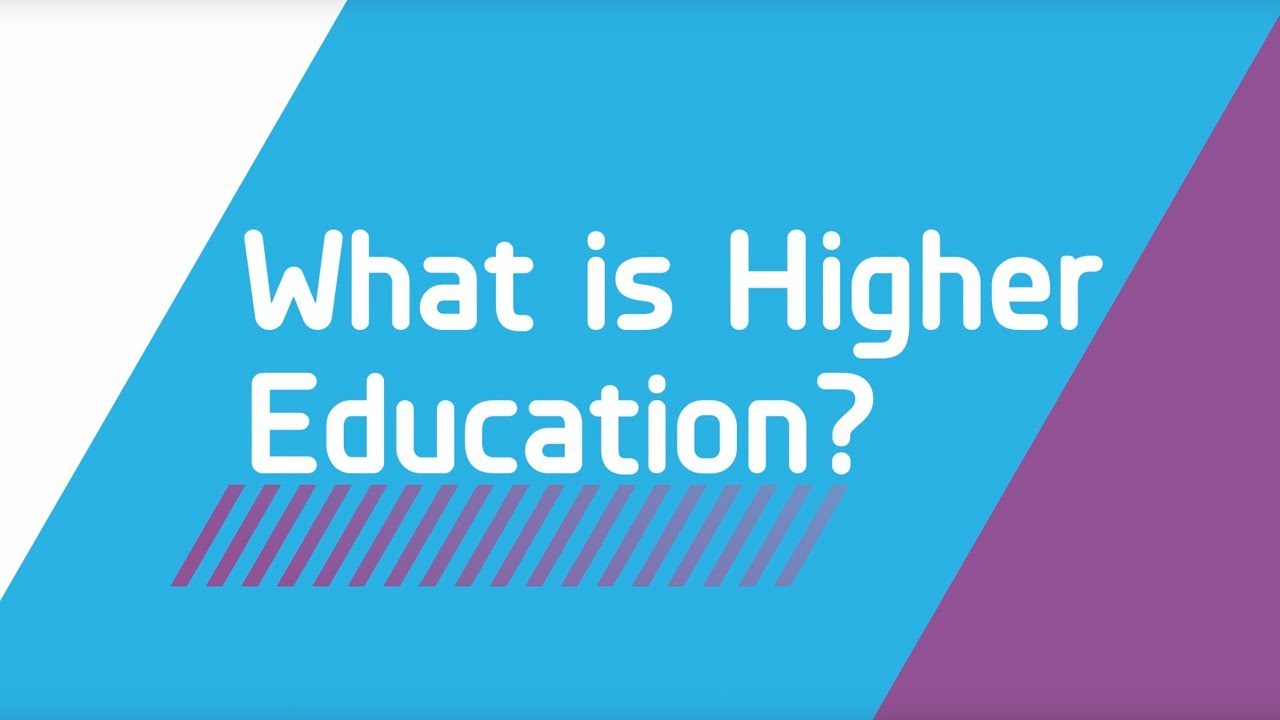
April 19, 2025
What Is Higher Education?
Understand higher education, its benefits, and how it shapes future opportunities. Explore your potential now!

May 1, 2025
How to Become an Educational Consultant
Learn how to become an educational consultant and guide schools or organizations to success. Start your career path now!

May 7, 2025
What Is a Liberal Arts Education?
Uncover the value of a liberal arts education and how it shapes versatile, well-rounded individuals. Learn why it matters!

